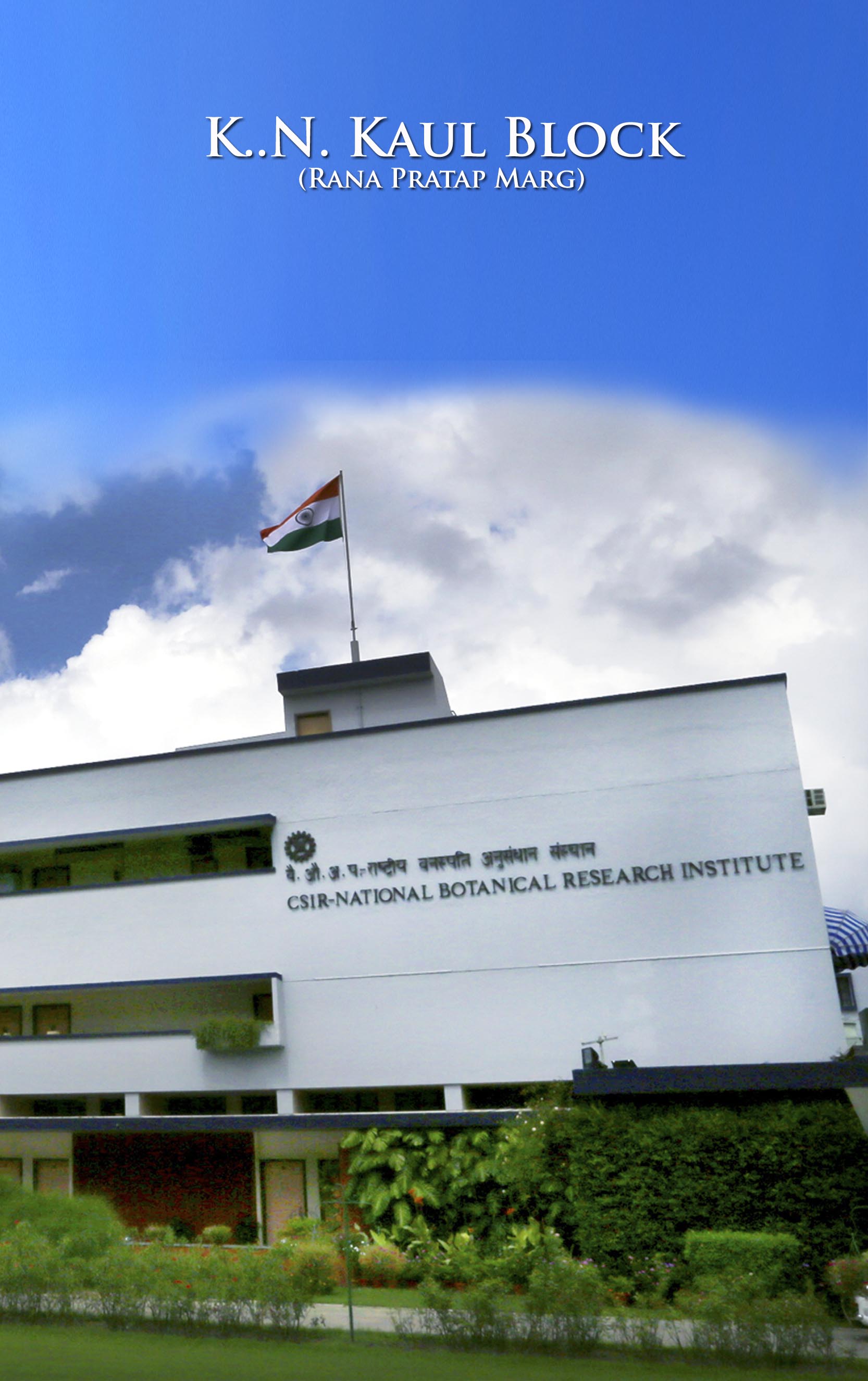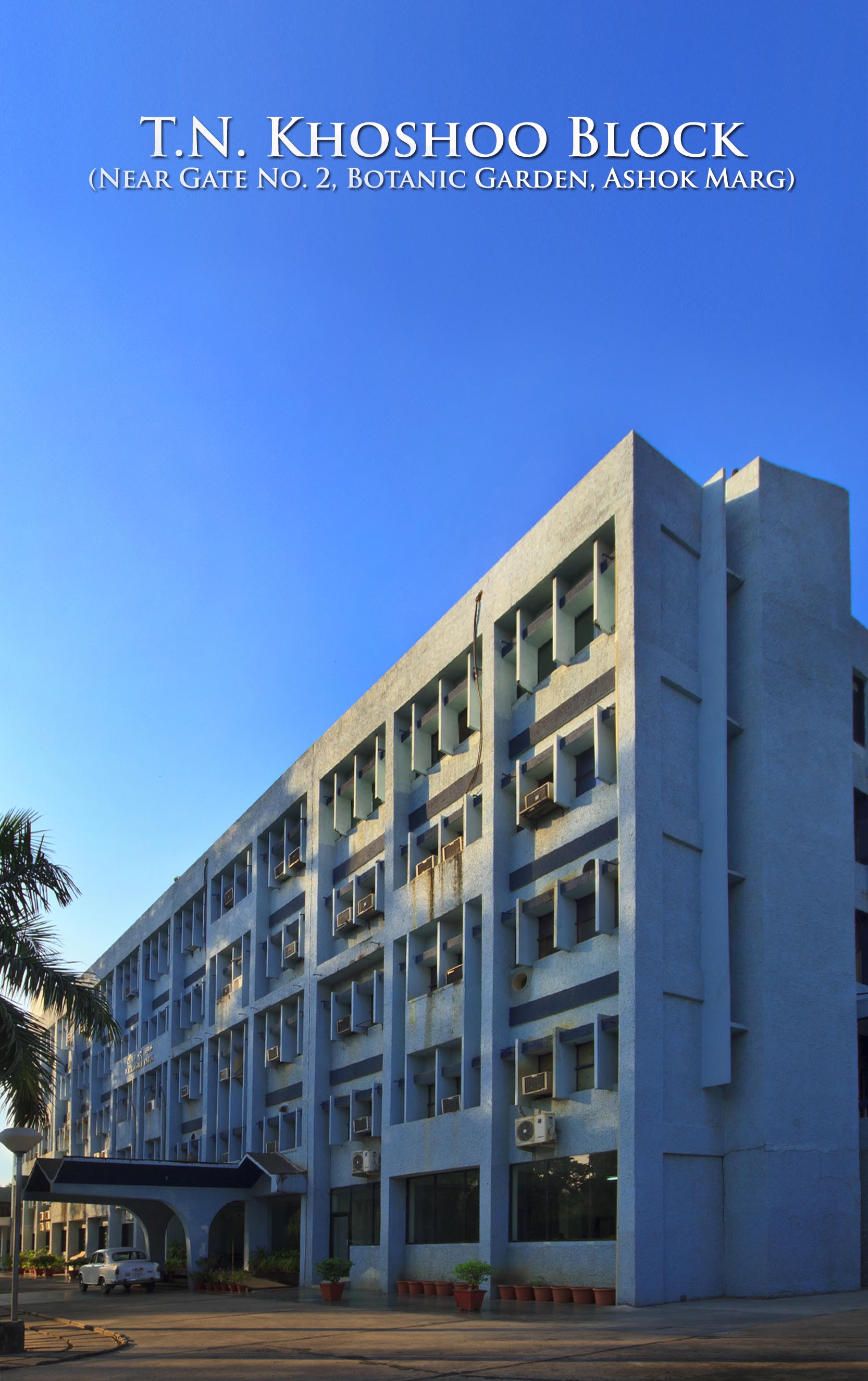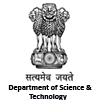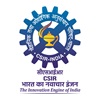

Dr. Richa Rai
Senior Scientist
Research Interests
Dr. Richa Rai works in the area of plant ecology and environmental science. Her research focuses on the Air Monitoring Studies to assess the O3 trends, use of Air Exclusion Techniques using open-top chambers (OTCs) and Free Air CO2/O3 enrichment (FACE) techniques to probe the productivity losses in agriculture crops.
Amelioration of environmental stress using mitigative tools.
To understand plant- herbivore interactions under climate change scenario.
The thrust of her research work is to correlate the ozone-induced plant productivity losses to Global Food Security, which is of utmost importance to feed the growing population
Focused R & D Interest
- Impact of climate change (Tropospheric O3, elevated CO2, and temperature) on agriculture crops.
- Air Pollution monitoring and screening
- Ecophysiological and biochemical changes in plants due to air pollution and climate change
- Chemical ecology of crops and insects under environmental and climate change.
Dr. Richa Rai
Senior Scientist
Research Summary
Her research work aims to correlate the ozone-induced plant productivity losses to Global Food Security, which is of utmost importance to feed the growing population. It employs air monitoring studies to assess O3 trends. She uses Air Exclusion Techniques using open-top chambers (OTCs) and Free Air CO2/O3 enrichment (FACE) techniques to assess productivity losses in agriculture crops. Higher O3 concentrations were recorded in the rural areas supporting agriculture. Differential responses of wheat and rice cultivars were recorded against O3. Tropospheric O3 affects the gas exchange parameters, biochemical process, and photosynthate alteration, affecting growth and yield. Application of high doses of recommended fertilizers and a chemical protectant to mitigate the negative impact of ozone on rice cultivars and soybean. To understand the mechanism of plant-herbivore interactions under climate change. The key finding was under elevated CO2 aphid density increased, which induced SA mediated defence and induction of secondary metabolites.
Dr. Richa Rai
Senior Scientist
Research Papers:
- Yadav D.S., Mishra A.K., Rai R., Chaudhary Nivedita, Mukherjee Arideep Agrawal S.B., Agrawal M (2020). Responses of an old and a modern Indian wheat cultivar to future O3 level: Physiological, yield and grain quality parameters. Environmental Pollution 259, 113939
- Yadav D.S., Rai R., Mishra A.K., Chaudhary Nivedita, Mukherjee Arideep Agrawal S.B., Agrawal M (2019). ROS production and its detoxification in early and late sown cultivars of wheat under future O3 concentration. Science of the Total Environment 659, 200- 210. (Impact factor 4.099)
3.Rai, R., Agrawal M., Choudhary, K.K., Agrawal S. B., Emberson Lisa., Büker P. 2015. Application of Ethylene diurea (EDU) in assessing the response of a tropical soybean cultivar to ambient O3: Nitrogen metabolism, antioxidants, reproductive development and yield. Ecotoxicolgy and Environmental Safety 112, 29- 38.(IF: 2.76)
- 4. Rai R., Agrawal M. 2014. Assessment of competitive ability of two Indian wheat cultivars under ambient O3 at different developmental stages. Environmental Science and Pollution Research 21:1039-1053
- Mishra A. K., Rai R., Agrawal S.B. 2013. Differential response of dwarf and tall tropical wheat cultivars to elevated O3 with and without CO2 enrichment: Growth, yield and grain quality. Field Crop Research 145, 21-32. (IF: 2.976)
- 6. Rai R., Agrawal M., Agrawal S.B. 2011 Effects of ambient O3 on wheat during reproductive development: Gas exchange, photosynthetic pigments, chlorophyll fluorescence and carbohydrates. Photosynthetica 49, 285- 294. (IF:1.409)
- Rai R., Agrawal M., Agrawal S.B. 2010. Threat to food security under current levels of ground level ozone: a case study for Indian cultivars of rice. Atmospheric Environment 44, 4272- 4282. (IF: 3.28)
- Rai R., Agrawal M. 2008. Evaluation of physiological and biochemical responses of two rice (Oryza sativa L.) cultivars to ambient air pollution using open top chambers at a rural site in India. Science of the Total Environment 407, 679- 691. (IF: 5.589)
9.. Rai R., Agrawal M., Agrawal S.B. 2007. Assessment of yield losses in tropical wh
eat using open top chambers. Atmospheric Environment 41, 9543- 9554.
Chapters in Edited book
- Rai R., Sarkar A., Agrawal S.B., Agrawal M. 2013. Evaluation of Tropospheric O3 effects on global agriculture: a new insight. In: Improving crop productivity in sustainability agriculture Ed. Narendra Tuteja, Sarvajeet Singh Gill, Renu Tuteja. Wiley- VCH Verlag GmbH & Co. kGaA pp 69- 105.
- Rai R., Singh A. A., Agrawal M., Agrawal S.B. 2016. Tropospheric O3: a cause of concern for terrestrial plants. In: Plant Responses to Air Pollution Ed. Umesh Kulshrestha and Pallavi Saxena. Springer-Verlag, Germany ISBN No. 978-981-10-1199-3 pp 165- 195.
- Rai R. 2019. Tropospheric Ozone and its impact on wheat productivity. In: Wheat production in changing environment: responses, adaptation and tolerance Editors: Mirza Hasanuzzaman, Kamrun Nahar, Amzad Hossain. Springer-Verlag, Germany 978-981-13-6882-0 pp 197-223
- Rai R. 2019. Heat stress in crops: Driver of climate change impacting global food supply. In: Contemporary Environmental Issues and Challenges in Era of Climate Change. Editors Pooja Singh et al. Springer Verlag ISBN 978-981-32-9594-0.
- Rai R. 2020. Threat Imposed by O3-Induced ROS on Defense, Nitrogen Fixation, Physiology, Biomass Allocation, and Yield of Legumes. In: The Plant Family Fabaceae Editors: Hasanuzzaman M., Araújo S., Gill S., pp 503-517 Springer-Verlag doi.org/10.1007/978-981-15-4752-2_19
Dr. Richa Rai
Senior Scientist
Dr. Richa Rai
Senior Scientist
Dr. Richa Rai
Senior Scientist
Address
Division of Plant Ecology and Environment Technologies, T.N. Khoshoo Block
CSIR-National Botanical Research Institute, Rana Pratap Marg, Lucknow-226001, India
Phone no.: 0522-2297918
Email: richa.rai@nbri.res.in






















